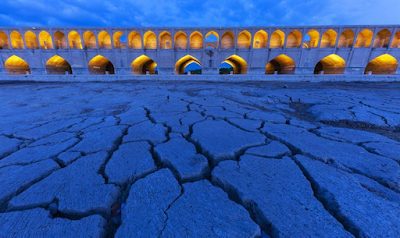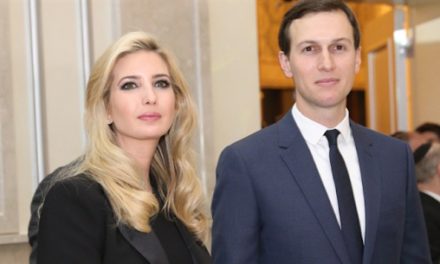(JNS) The concrete possibility that Iran is not interested in returning to the 2015 nuclear deal—the Joint Comprehensive Plan of Actions, or JCPOA—and merely wishes to attain sanctions relief through negotiations (“result-oriented negotiations,” as the Iranians put it) is now clear to decision-makers in the United States, Europe and the Middle East.
Furthermore, they now also understand that the current situation is untenable as Iran is no longer checking its nuclear program, and is willing to be bolder in its use of force, including harassing, attacking and hijacking ships.
As Europe (and the IAEA) is still heavily invested in the negotiations track, it must fall to other players to deal with the implications. This means the United States and Israel should swiftly plan and develop a strategy that should address three distinct issues:
- Crisis planning and management, as part of moving Iran from its sweet spot of never-ending negotiations, and the application of pressure to get the situation under control both in the nuclear realm and regional security one.
- China’s role vis-à-vis Iran, as its influence could be paramount if it chooses to engage on the matter. Russia has also an important role to play, as it is still shielding Iran from scrutiny by the IAEA.
- Creating a better situation to deal with a “no deal” reality.
-
To that end, Israel and America should first agree on a set of priorities and acceptable outcomes. Even if Israel is not thrilled with the prospect of a U.S. return to the JCPOA, and the United States is wary of using non-diplomatic means to prod Iran form its current trajectory, there should be room for understanding and executing a shared strategy.
In order to have the best chance of success, additional Arab partners should be approached, consulted, and integrated into the strategy, as they are major stakeholders in the Iran issue and possess additional tools and capabilities vis-à-vis China and Russia (oil and gas), as well as against Iran.
A major part of the strategy should be addressing China’s role and engaging it diplomatically to use its influence on Tehran. China’s involvement may come at a certain cost, but ultimately, it is also in its best interest to keep the region from escalation.
Gulf nations should play a major role in engaging China since they represent another vital interest for the middle kingdom. READ MORE
Dealing with an intransigent Iran https://amos37.com/dealing-with-an-intransigent-iran/
| Josh Toupos |



















